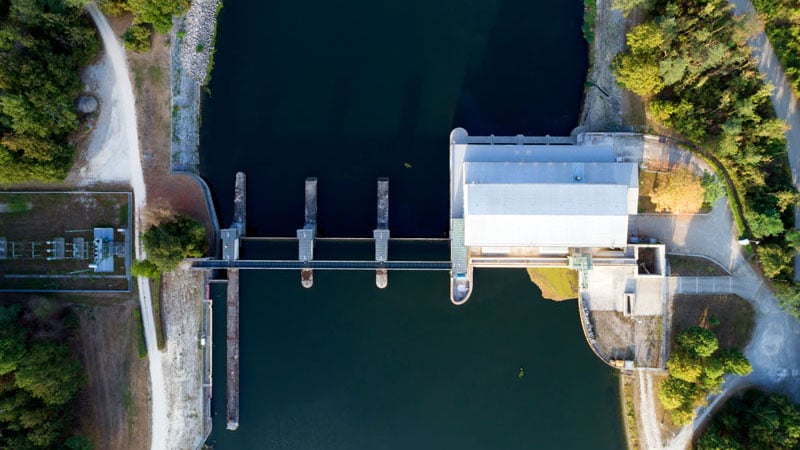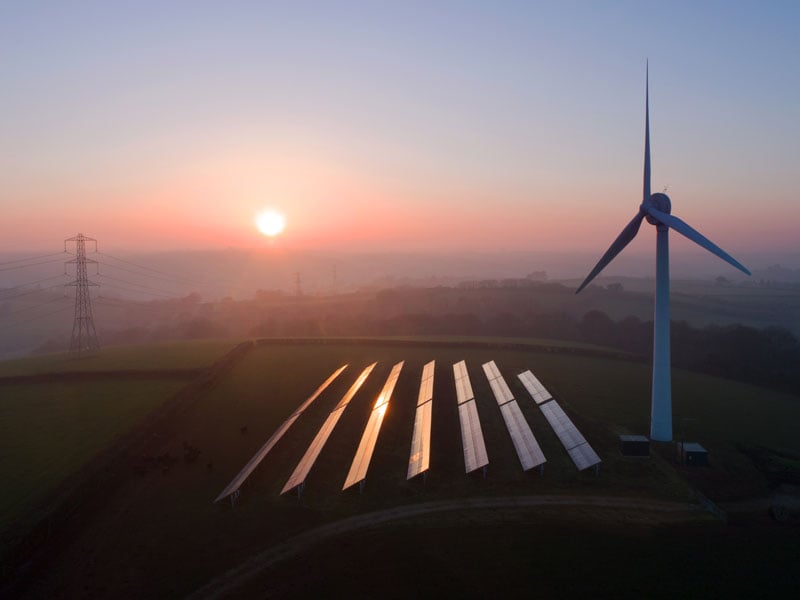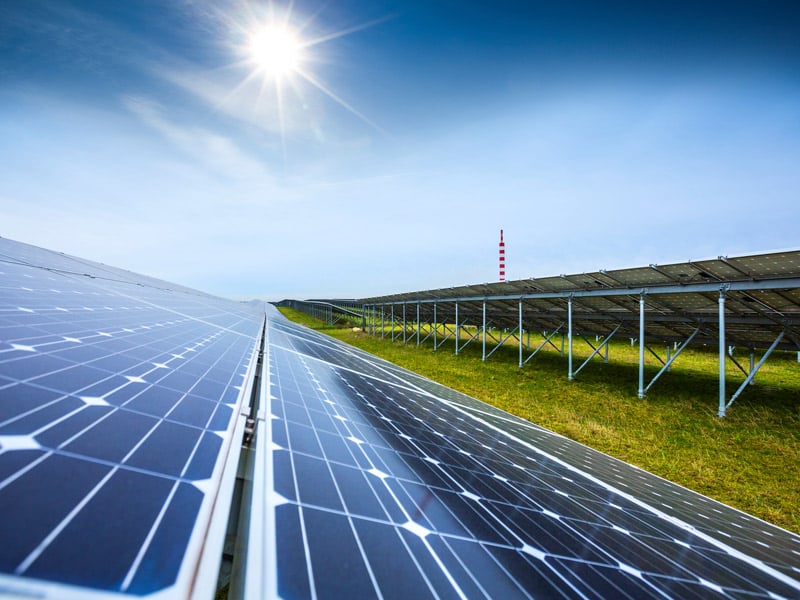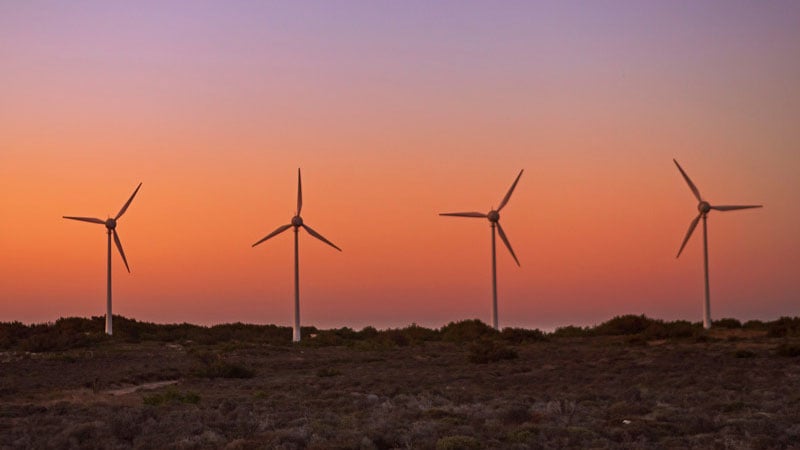Many of the great technological breakthroughs of the last century, including the Internet, are the fruits of partnership between the public and private sectors.
Such co-operation and innovation will be vital if humans are to solve the biggest challenge facing our planet – climate change.
Technology may provide new ways to mitigate climate change and help the industry become more sustainable. However, the growing technology industry also risks worsening climate change, unless it takes decisive action to reduce its carbon emissions and move swiftly towards more environmentally sustainable technologies and working practices.
Governments are increasingly aware of the industry’s carbon footprint. In 2021, the International Energy Agency estimated that data centres and data transmission networks account for about one percent of global electricity use, although some experts reckon that the figure could be higher.
How can data centres provide more computing power while reducing their carbon footprint?
Finding the answers to this and other questions is one of the reasons why Vertiv recently joined a partnership with an internationally respected research organisation that collaborates with industry, academia, and the public sector on business and technology matters.
In January, Vertiv announced a partnership with RISE Research Institutes of Sweden, which is owned by the Swedish state and supported by European Union funds. Collaborating with universities, industry and the public sector, RISE performs industrial research and innovation, with the overall objective to support sustainable growth by strengthening industry competitiveness and renewal.
Vertiv has entered the partnership program for data centre systems, joining founding partners including Facebook, now Meta, and Ericsson.
In its partnership with RISE, Vertiv will support the Infrastructure and Cloud research and test Environment “ICE” − a testbed for new data centre technologies including homomorphic encryption machine learning, autonomous digital infrastructure, “self-healing” systems, and thermal management systems that support heat reuse and circular economy.
The RISE partnership − it’s potential benefits, challenges and its significance for the wider technology industry and business – was the subject of a recent webinar between Tor Björn Minde, Director, head of ICE Datacenter Unit, RISE Research Institute of Sweden, and Piotr Kowalski, EMEA Solutions Architecture Director at Vertiv.
In the webinar − broadcast by Data Centre Dynamics and available on demand – Tor said that there needs to be a “sustainable transformation of societies…and different industries”, and that the technology industry, including data centres, could help enable it. “The RISE partnership will help us see the bigger picture of sustainability,” he said.
Some of the projects in Vertiv and RISE’s research pipeline include load balancing, full life-cycle assessments of data centres and their components, and thermal management systems that support heat reuse and circular economy.
“How can we make the servers and the facility cooling work together and achieve a better performance for energy use?” said Tor. The goal is for balance − to avoid overburdening servers with IT loads or having to use intensive cooling, which may adversely affect their performance, he said.
As Piotr put it: “[The RISE] project finally considers the IT part of the equation…Only by understanding those two sides of the equation, the mechanical cooling infrastructure but also the IT part of it, will we be able to find the sweet spot to increase energy efficiency and performance for data centre operations.”
Currently, most of the energy in data centres is turned into heat and not reused. The RISE project is exploring ways to make use of this excess heat – including using it for mealworm, farming, biomass drying or district heating systems. A recent feasibility study by RISE is aimed at achieving 90-95°C supply water temperature (SWT) for “district heating” (using heat produced from various energy sources and piping it to heat local communities).
“Instead of cooling, we are taking away the heat from data centres,” said Tor. “We are creating greenhouses and vertical farming to reuse the heat and analysing the data from medium-sized data centres.” Potentially, data centres can become a mass producer of heat for the local communities, he added. This is particularly interesting given the rising costs of gas we’re seeing in the market.
Other areas for improvement in data centres’ environmental performance include making their hardware and software more energy efficient, said Tor. As AI and other new technologies increase the computing demands on data centres, the use of clean energy, including hydrogen-powered fuel cells, will help limit carbon emissions. So will building prefabricated data centres in an environmentally sustainable way, he added.
Vertiv is part of the Sustainable Digital Infrastructure Alliance (SDIA) and the European Data Centre Association (EUDCA), and contributes to the Climate Neutral Data Centre Pact with the aim to meet the European Commission’s goal for climate-neutral data centres by 2030. Vertiv and RISE are also members of the E2P2 Tech Consortium, leading low-carbon fuel cell development to power data centres.
At the heart of all these projects is the quest for technological advances, fresh thinking and innovation that can make a real impact on climate change. Technology won’t guarantee clean energy and reduced carbon emissions. For that, government, industry action, co-ordination and environmental standards are needed. However, technology can underpin much of the infrastructure in a more sustainable world.
Watch the session on demandRead more from Vertiv experts on energy management and other topics in our Eco-Insights Blog Series.










